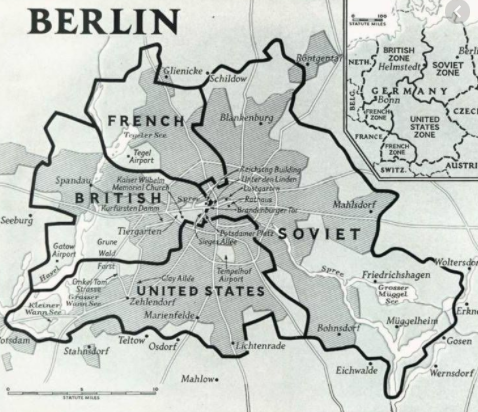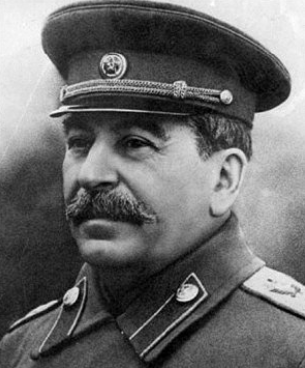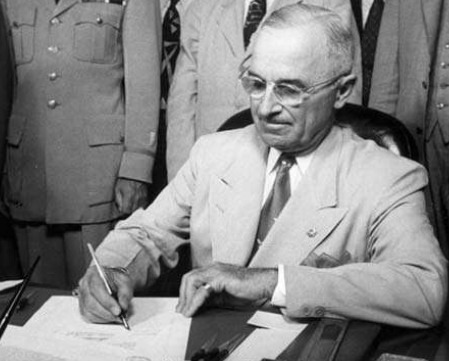What was the Berlin Airlift?
Gen. Lucius D. Clay, a senior U.S. Army officer, described the Soviet's action plan of blockading Berlin as "one of the most ruthless efforts in modern times to use mass starvation for political coercion."

Source: Gov.UK

Source: The Guardian
Post World War II initiated a whirlwind of disagreements creating a major international crisis. Germany was divided into four various "occupation zones" in 1945. Each zone specifically occupied by one of the following countries: Great Britain, the United States, Russia (the Soviet Union), and France. Most of Eastern Germany was occupied by the Soviets while most of Western Germany was occupied by the other countries. Berlin, being apart of Eastern Germany where the Soviet's were monopolizing, was also split up into four quadrants.

